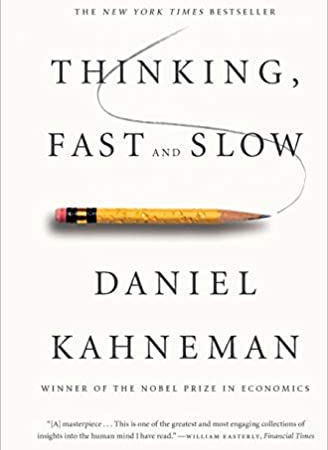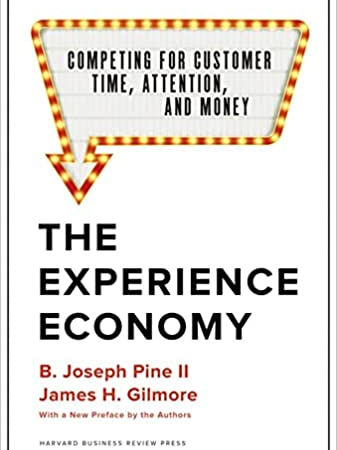
Hybrid Methodology

We live in a time of rapid change, where research and analysis continue to evolve. Initially, data analytics—powered by algorithms—supported qualitative research due to its efficiency in pattern recognition. Today, with the rise of generative AI, the landscape has shifted again. Synthetic data holds the potential to revolutionize market research by offering unparalleled flexibility and speed.
Generative AI is already very useful for inspiration and translation, but it has the capacity to support human analysts even further. However, the veracity of AI generated statements remains uncertain. Whether true or fabricated—"hallucinations" in AI research terms—these errors are becoming increasingly difficult to detect as the technology evolves. Relying solely on AI risks producing conclusions poorly connected to reality. Human analysts are essential for guiding the process—questioning, interpreting, and ensuring the output remains grounded in the real world.
Crucially, human analysts are far more than mere “prompt engineers,” a term whose vagueness underscores its limitations. Analysts bring their deep expertise gained though engaging directly with consumers via interviews, focus groups, and ethnographic methods. They uncover what people do and, more importantly, why they do it. This expertise is invaluable in identifying promising directions and avoiding unproductive ones. Analysts know where to search and how to dig deeper, blending intuition with structured methods to reach nuanced insights.
Rather than fixating on crafting the perfect prompt to elicit an ideal AI output, analysts are flexible, constantly adapting queries to refine results. They are uniquely positioned to create viable personas aligned with research objectives, enhancing speed while perfecting outcomes. Ultimately, their role extends beyond pattern recognition, interpreting findings in the context of current, real-world data to provide actionable insights.
Pierre Bourdieu’s logic of practice highlights that human actions stem from complex, semi-conscious reasons. The human analyst interprets the worldview of subjects on their terms, while unguided data gathering imposes external perspectives and leads to biased conclusions. True understanding comes from a blend of approaches, deep thinking, and flexibility, where human judgement translates insights into practical applications for products and brands.
Deep vs. surface-level insights
Generative AI mimics human speech brilliantly but struggles with reflective depth. It functions much like fast thinking (snap judgments), while real breakthroughs come from slow, deliberate thinking—an idea explored by Daniel Kahneman in Thinking, Fast and Slow. The current development of AI agents tackles this problem, but they remain limited to processing narrow queries and cannot yet analyze complex environments. Thorough investigations reveal deeper truths about evolving human experiences within large institutions, as illustrated in Sarah Thornton’s Seven Days in the Art World. John Medina emphasizes in Brain Rules the significance of focused attention for achieving deep understanding. Meanwhile, Erving Goffman’s The Presentation of Self in Everyday Life reminds us to stay critically aware of social personas and the opinions people share, looking beyond surface-level interactions.
The power of storytelling
Edward H. Carr’s What is History? reminds us that narratives shape our understanding of the past but can also be manipulated. While AI often delivers polished, streamlined conclusions, human analysts dig deeper to understand the significance of contradictions, leading to a richer understanding, including the emotional depth explored in The Experience Economy. Similarly, Yuval Noah Harari, in Homo Deus, warns that as algorithms optimize for efficiency and predictability, they often strip away the richness of individual experience, leading to a growing sameness beneath the façade of customization.
Flexibility and creative problem-solving
Generative AI produces a flood of ideas, but sharpened human judgment is essential for identifying the most promising or unconventional ones. Humans excel at connecting complex concepts as explored by Gary Klein in Seeing What Others Don’t. Whereas Eric Kandel’s The Age of Insight underscores the value of exposing oneself to unfamiliar ideas to explore original perspectives. Sidney Lumet’s Making Movies highlights the dangers of premature conclusions from limited feedback, advocating for creative flexibility.
Emotional depth and human complexity
Humans often cling to false beliefs or rationalize their decisions, as explored by Dan Ariely, Timothy D. Wilson, Carol Tavris and Elliot Aronson. Yet, with conscious effort, we can recognize and correct these biases. This is where AI falls short—it lacks the ability to assess its own outputs for truthfulness or consistency and may present fabricated stories as facts. Human analysts, by contrast, engage in self-reflection and critical thinking, questioning findings, revising interpretations, and ensuring a deeper, more accurate understanding.
Adapting to change and uncertainty
Certain events remain unpredictable, as Nassim Taleb’s demonstrates in The Black Swan. The rise and fall of the LA art scene, chronicled in The Cool School, illustrates how unforeseen trends shape outcomes in ways neither algorithm nor humans can predict. Our approach embraces this uncertainty, adapting to change and capturing emergent directions. While AI relies on past patterns, human analysts excel at reimagining strategies, especially when surprises arise.
In this way, we provide meaningful insights that go beyond uncertain predictions to achieve true understanding. Powered by AI, our ability to analyze, question, and dig deeper ensures that the insights we uncover translate into solutions that resonate with human values and experiences.
"It ain't what you don’t know that gets you into trouble. It’s what you know for sure that just ain’t so."
This quote is commonly attributed to Mark Twain, including in the opening of The Big Short. However, its authenticity is disputed, and there is no definitive source linking Twain to this phrasing. Regardless of its origin, the idea can be traced back to Plato’s Sophist, albeit in a less punchy form (here in Benjamin Jowett’s translation).
STRANGER: I do seem to myself to see one very large and bad sort of ignorance which is quite separate, and may be weighed in the scale against all other sorts of ignorance put together.
THEAETETUS: What is it?
STRANGER: When a person supposes that he knows, and does not know; this appears to be the great source of all the errors of the intellect.
THEAETETUS: True.
























